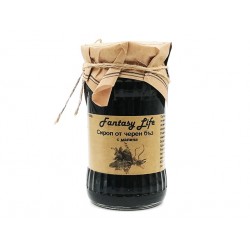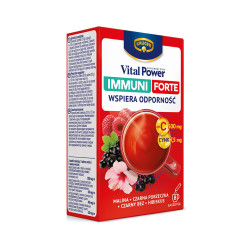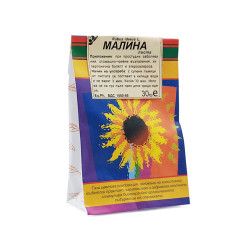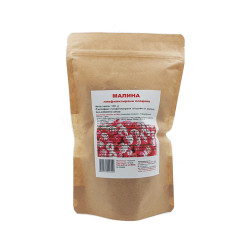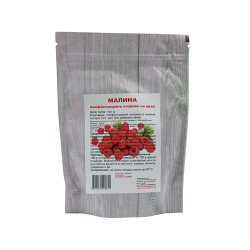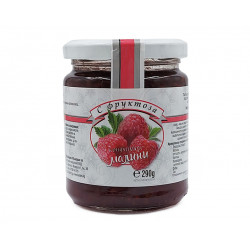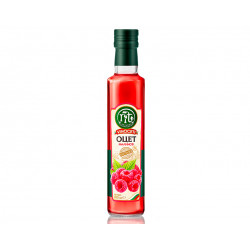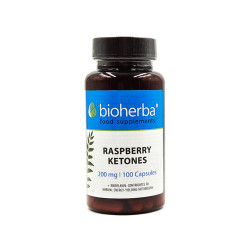Raspberry acts as a tonic, general strengthening, pain reliever and regulates digestion.
Its leaves contain a significant amount of tannins, flavones, vitamin C, malic and lactic acid, sugars, minerals, and mucilaginous substances. Its fruits are rich in potassium, calcium, magnesium, and phosphorus, as well as salicylic, caproic, and formic acids.
In the season of colds and respiratory diseases, the eyes are also on the raspberry. It is also recommended for sciatica, fever conditions, joint pain and neuralgia.
The salicylic acid in its composition works similarly to aspirin - it lowers body temperature without side effects. Its fruits are also prescribed for stomach problems, kidney diseases, atherosclerosis, hypertension, and anemia. Its leaves stimulate the smooth muscles of the stomach and uterus.
The folic acid in its fruits increases the chance of pregnancy and has a beneficial effect throughout the pregnancy.
Both the fruit and the leaves have a diuretic effect, improving kidney function. Raspberry is recommended for nervous overload (burn out) and depression.
It is used in dietary nutrition, highly recommended for children as well – it quenchand s thirst and improves digestion.
Take 1-2 tbsp dried leaves are put in 250 ml of boiling water, left to soak and filtere,d. The dose is diluted with warm water and drunk for a day.
Vitamin tea is also made from the dried fruits: 1 tbsp. dried raspberries are poured with 250 ml of water, soaked and diluted with warm water. It can also be used as a gargle for sore throats, etc. inflammation of the oral cavity.
Externally, the following decoction is prepared: a handful of flowers are placed in 250 ml of olive oil, left for 20 days in the light and the infusion is ready. It is used for various insect bites.




